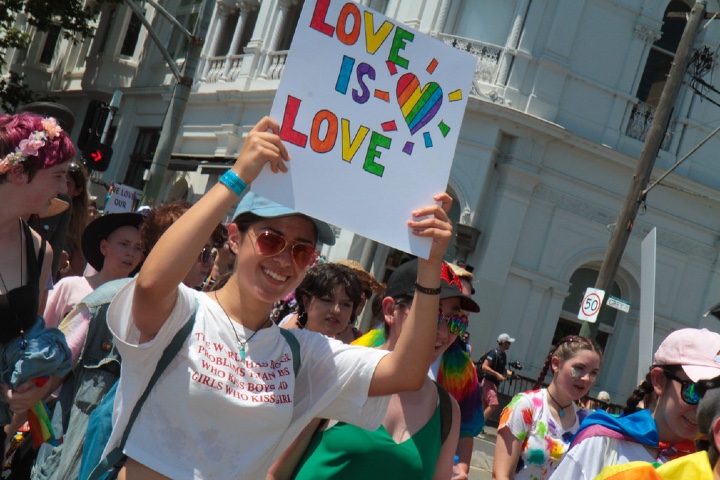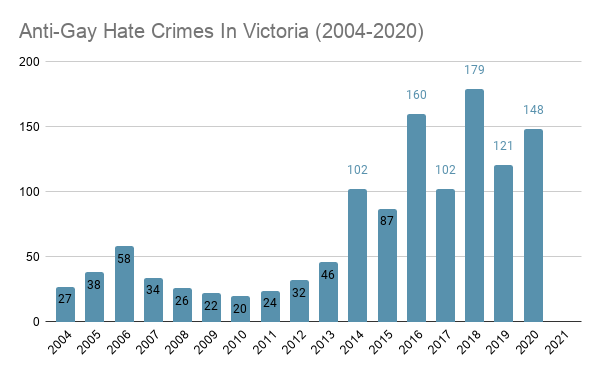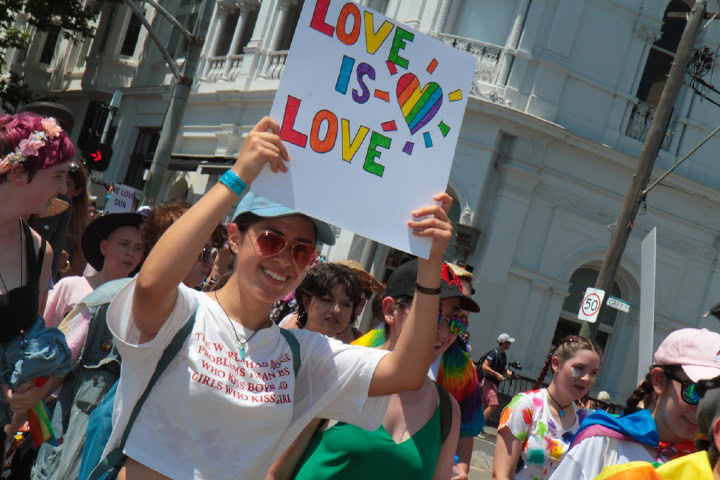
Gay-hate crimes in Victoria have seen a sharp and worrying upturn in the past two years.
Data from the Crime Statistics Agency revealed that in 2020 around 148 offences were registered with the modus operandi code classifying it as “Prejudicially Motivated Crimes – Sexual Orientation”. More than half of the offences were registered during the state’s COVID-19 lockdown. In 2019, there were 121 offences in this category.
The data was obtained by the Victorian Pride Lobby, which said that the law needs to take into account that the crime was motivated by hate when sentencing the accused.
Anti-Vilification Laws Should Cover Gay-Hate Crimes
Earlier this month, the the Legal and Social Issues Committee had tabled its inquiry report before the Victorian Parliament, that among its other recommendations had sought strengthening the state’s anti-vilification laws to cover hate crimes against LGBTQI and other communities.
“To still see an increase throughout 2020 is both interesting and concerning to us, though there is definitely an issue of under-reporting and poor data collection. It is also concerning to us that there has been, as far as we know, only two cases where homophobia has been taken into account in sentencing,” said Nevena Spirovska, co-convenor VPL.
“There is a need for Victoria Police to improve its data collection on prejudice-motivated crime and to include prejudice motivation in sentencing submissions. The Government must also urgently enact laws to protect LGBTIQA+ Victorians from hate-based conduct, as recommended by the parliamentary inquiry into anti-vilification protections,” added Spirovska.
The data of the crimes that have been motivated by prejudice on account of the victim’ sexual orientation have seen an increase from 2004 to 2020.

Source: Crime Statistics Agency
Gay-Hate Crimes Recorded During Lockdown
Between 2004 and 2013, the number of such offences remained below 50, except for 2006 when it shot up to 58. The low numbers could be attributed to low reporting or recording of such crimes.
In 2014, the number of such offences climbed to 102, before dropping the next year to 87. Anti-gay hate crime offences then maintained its upward trajectory from 2016 onwards (160), except for 2018 when it fell to 79. For the other years, the annual number of gay-hate offences were 102 (2017), 121 (2019), 148 (2020).
In 2020, when most of Victoria was under a strict lockdown, the numbers have seen an increase with around 101 of the 148 cases recorded in the April-June (26) and July-September (75) quarters.
Star Observer reached out to the Victoria Police, which said that it takes LGBTQI hate crimes seriously.
“Every Victorian has the right to feel safe and secure in the community. Any acts of vilification based on an individual’s sexual identity has no place in our society, and Victoria Police takes these incidents very seriously,” said a Victoria Police spokesperson in a statement provided to Star Observer.
“We understand the impact that these incidents can have on individuals. They can leave our communities feeling vulnerable, threatened and isolated.”
Report Gay-Hate Crimes
The police saw the increase in numbers as partially due to LGBTQI community’s confidence in reporting such crimes, which have traditionally been under-reported to the authorities.
“While we are seeing figures increase partly because of the community’s increased confidence to report to police, we acknowledge that a number of these crimes are under-reported.”
The increase of such crimes in the lockdown year pointed to the fact that anti-gay hate crimes do not just occur in outside settings, but technology has enabled many homophobes to target victims using online resources.
“The emergence of technology and apps, as well as the fact many more people used these platforms last year due to the restrictions associated with the Covid-19 pandemic has also provided more opportunity for predatory offenders to target people based on their sexual identity,” said the spokesperson.
Victoria Police has urged anyone who experiences or witnesses crimes against LGBTQI communities to report them to the police.
“Police will closely work with the victim to determine if the crime is prejudicially motivated. Recording this information helps police identify trends and prevent further incidents from occurring. Collecting this information assists in gathering knowledge about prejudice motivated crime that may require a broader policing response in the community. If you believe the crime was prejudice motivated, make sure to let the police know,” the spokesperson added.
If you feel distressed reading the story, you can reach out to support services.
For 24 hour crisis support and suicide prevention call Lifeline on 13 11 14
For Australia-wide LGBTQI peer support call QLife on 1800 184 527 or webchat.
